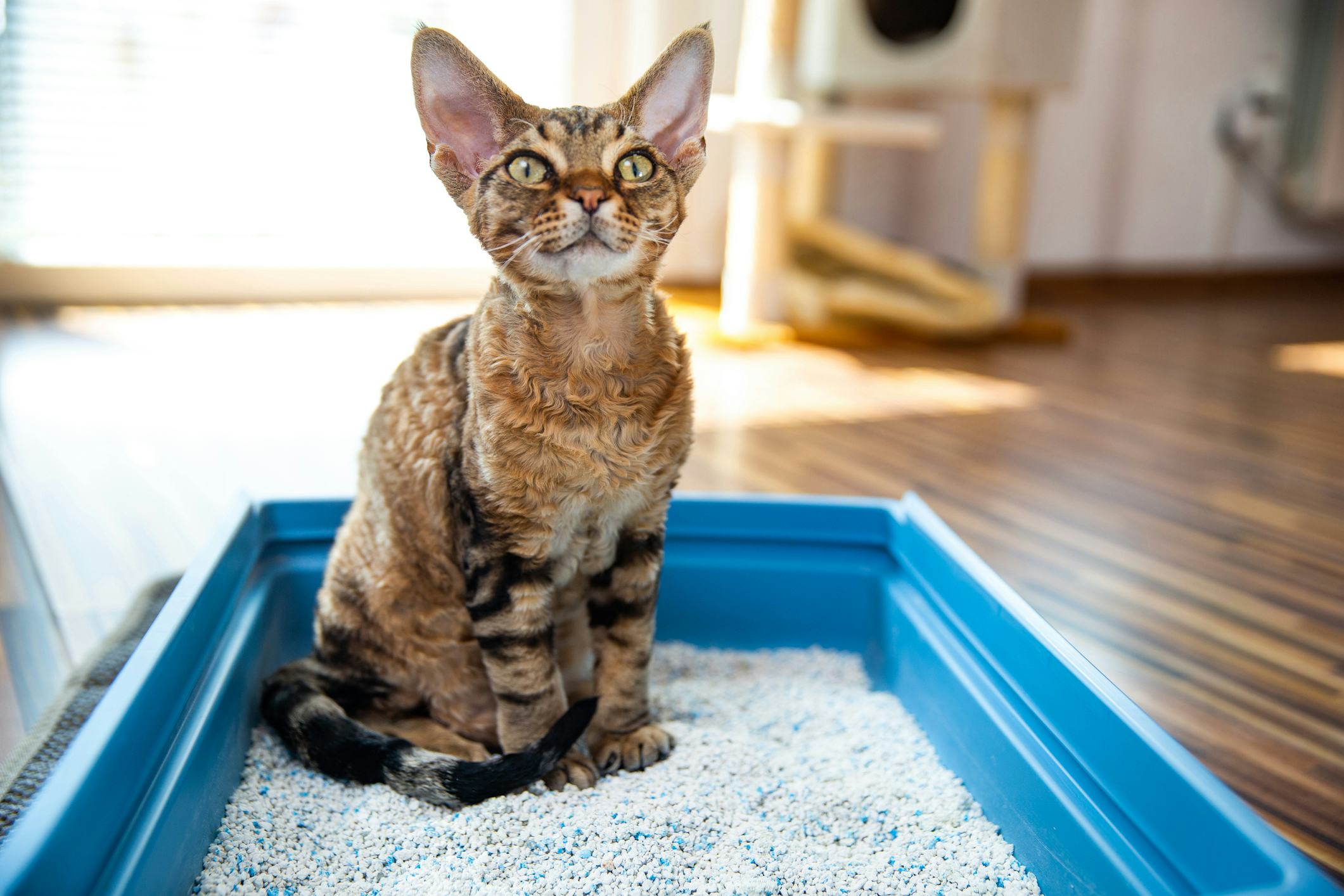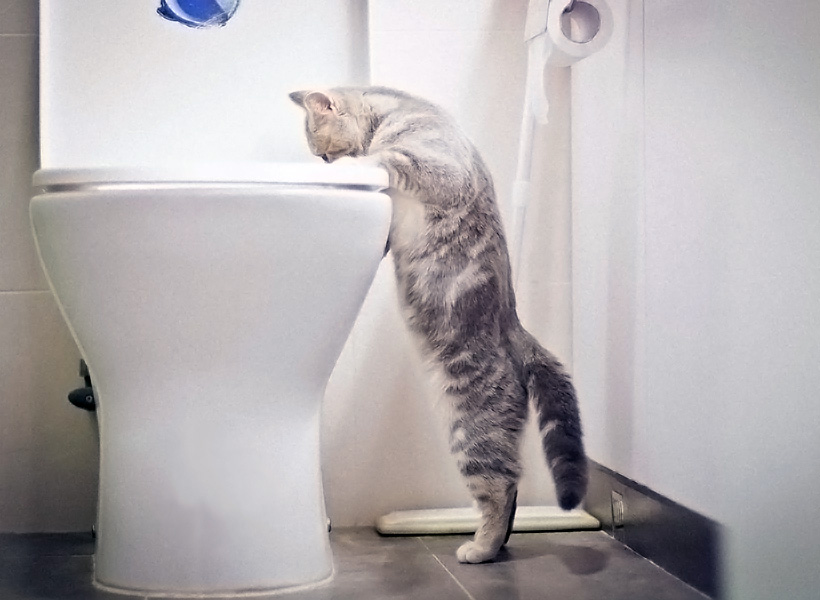Reasons You Should Never Flush Cat Poop Down Your Toilet - Critical Facts
Reasons You Should Never Flush Cat Poop Down Your Toilet - Critical Facts
Blog Article
Everyone will have their personal views about How to Dispose of Cat Poop and Litter Without Plastic Bags.

Intro
As cat proprietors, it's essential to bear in mind exactly how we get rid of our feline friends' waste. While it may seem convenient to purge pet cat poop down the commode, this practice can have destructive consequences for both the atmosphere and human wellness.
Alternatives to Flushing
Fortunately, there are safer and more accountable methods to deal with cat poop. Take into consideration the adhering to alternatives:
1. Scoop and Dispose in Trash
One of the most usual technique of throwing away feline poop is to scoop it into a naturally degradable bag and toss it in the trash. Make sure to utilize a dedicated clutter scoop and dispose of the waste quickly.
2. Use Biodegradable Litter
Go with eco-friendly feline trash made from materials such as corn or wheat. These litters are environmentally friendly and can be securely dealt with in the trash.
3. Bury in the Yard
If you have a lawn, think about hiding feline waste in a designated area far from veggie gardens and water sources. Make sure to dig deep enough to stop contamination of groundwater.
4. Mount a Pet Waste Disposal System
Purchase a pet garbage disposal system specifically developed for pet cat waste. These systems use enzymes to break down the waste, minimizing smell and environmental impact.
Health and wellness Risks
Along with ecological worries, purging feline waste can likewise pose wellness threats to human beings. Pet cat feces might consist of Toxoplasma gondii, a bloodsucker that can cause toxoplasmosis-- a possibly severe illness, especially for expecting women and people with weakened immune systems.
Ecological Impact
Purging cat poop presents unsafe microorganisms and bloodsuckers right into the water system, positioning a significant danger to water communities. These impurities can negatively impact aquatic life and concession water quality.
Conclusion
Liable family pet possession expands past offering food and shelter-- it likewise entails appropriate waste management. By avoiding purging feline poop down the bathroom and choosing alternate disposal approaches, we can minimize our environmental impact and protect human health and wellness.
Why Can’t I Flush Cat Poop?
It Spreads a Parasite
Cats are frequently infected with a parasite called toxoplasma gondii. The parasite causes an infection called toxoplasmosis. It is usually harmless to cats. The parasite only uses cat poop as a host for its eggs. Otherwise, the cat’s immune system usually keeps the infection at low enough levels to maintain its own health. But it does not stop the develop of eggs. These eggs are tiny and surprisingly tough. They may survive for a year before they begin to grow. But that’s the problem.
Our wastewater system is not designed to deal with toxoplasmosis eggs. Instead, most eggs will flush from your toilet into sewers and wastewater management plants. After the sewage is treated for many other harmful things in it, it is typically released into local rivers, lakes, or oceans. Here, the toxoplasmosis eggs can find new hosts, including starfish, crabs, otters, and many other wildlife. For many, this is a significant risk to their health. Toxoplasmosis can also end up infecting water sources that are important for agriculture, which means our deer, pigs, and sheep can get infected too.
Is There Risk to Humans?
There can be a risk to human life from flushing cat poop down the toilet. If you do so, the parasites from your cat’s poop can end up in shellfish, game animals, or livestock. If this meat is then served raw or undercooked, the people who eat it can get sick.
In fact, according to the CDC, 40 million people in the United States are infected with toxoplasma gondii. They get it from exposure to infected seafood, or from some kind of cat poop contamination, like drinking from a stream that is contaminated or touching anything that has come into contact with cat poop. That includes just cleaning a cat litter box.
Most people who get infected with these parasites will not develop any symptoms. However, for pregnant women or for those with compromised immune systems, the parasite can cause severe health problems.
How to Handle Cat Poop
The best way to handle cat poop is actually to clean the box more often. The eggs that the parasite sheds will not become active until one to five days after the cat poops. That means that if you clean daily, you’re much less likely to come into direct contact with infectious eggs.
That said, always dispose of cat poop in the garbage and not down the toilet. Wash your hands before and after you clean the litter box, and bring the bag of poop right outside to your garbage bins.
https://trenchlesssolutionsusa.com/why-cant-i-flush-cat-poop/

I stumbled upon that blog post on Can You Flush Cat Poop Down The Toilet? when browsing on the search engines. Those who liked our blog posting plz be sure to pass it around. Thanks for your time. Come back soon.
Suggested Site Report this page